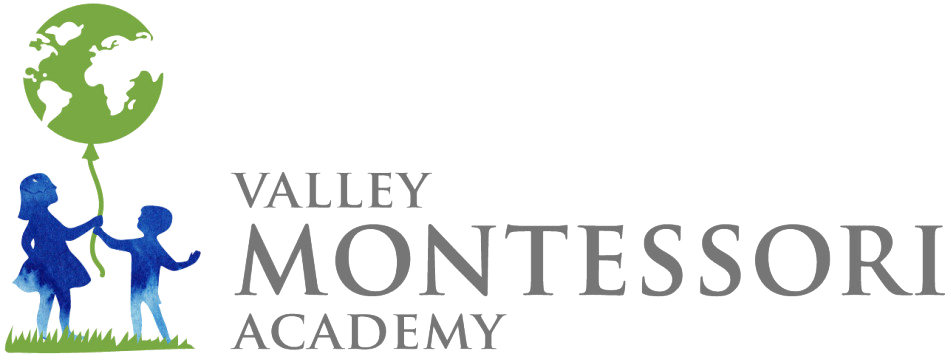- Fostering Independence
“Never help a child with a task at which he feels he can succeed.” – Maria Montessori.
It is always a goal of Montessori education in the classrooms to make the child independent and be able to do things for himself. This is achieved by giving children opportunities. Opportunities to move, to dress themselves, to choose what they want to do, and to help the adults with tasks. When the children are able to do things for themselves there is an increase in their self-belief, self-confidence and esteem that they may carry on throughout their life.
- Prepared Environment
The earliest memories of learning are, for Montessori students, forever associated with the warmth and peace of their first classrooms. Furniture in Montessori classrooms is the appropriate size for the children who will use it. This is also true of the tools, utensils, and materials they will hold in their hands. Pictures hang on the wall at the level of the students’ eyes. Every classroom is organized in such a way that the sequence of learning is materially present on the shelves and obvious to the children. The goals of independent decision-making and internal motivation are built into the carefully prepared environment. Most of the classrooms are filled with light, plants, fresh flowers, and an ambiance of grace. Environments affect the quality of the experiences within them. - Each child is valued as a unique individual
Montessori education recognizes that children learn in different ways, and accommodates all learning styles. Students are also free to learn at their own pace, each advancing through the curriculum as he is ready, guided by the teacher and an individualized learning plan
- Calm and Peaceful Classrooms
A good Montessori classroom will appear to be calm and peaceful. You will see many children deep in concentration as they choose an activity and work with it for a good long time. Other children are moving in the classroom as they choose an activity and sit down to work, but the movement in the classroom is slow and purposeful.
- Purposeful Work
Students in Montessori classrooms have daily opportunities to select their work. Children may repeat the tasks they select as often as they desire, until the task is mastered. Work chosen independently and repeated without interruption often leads to deep concentration. Montessori’s ability to cultivate and protect the concentration of young children through their purposeful work remains one of her most significant contributions to the education of young people.
- Individualized Curriculum.
A true Montessori program supports the individual development of the child. This is very different from a one-size-fits-all curriculum that suggests all children are ready to do the same thing at the same time because they are a particular age. In an authentic Montessori classroom the curriculum conforms to your child instead of your child having to conform to the curriculum
